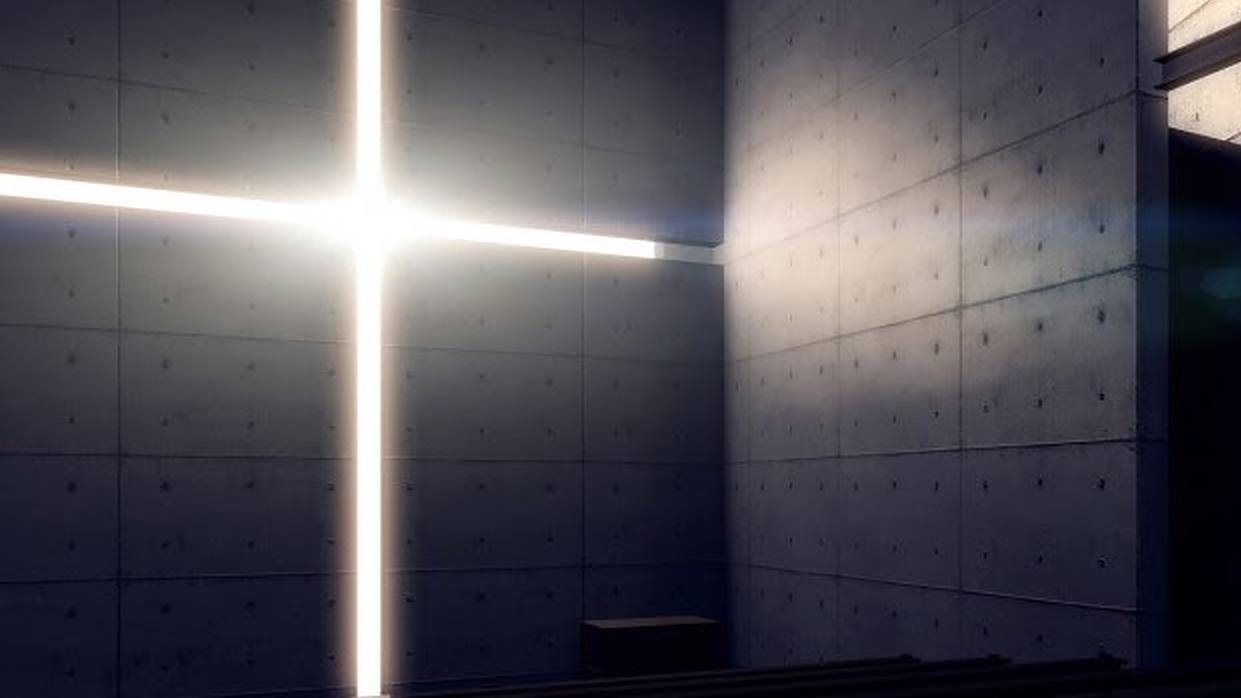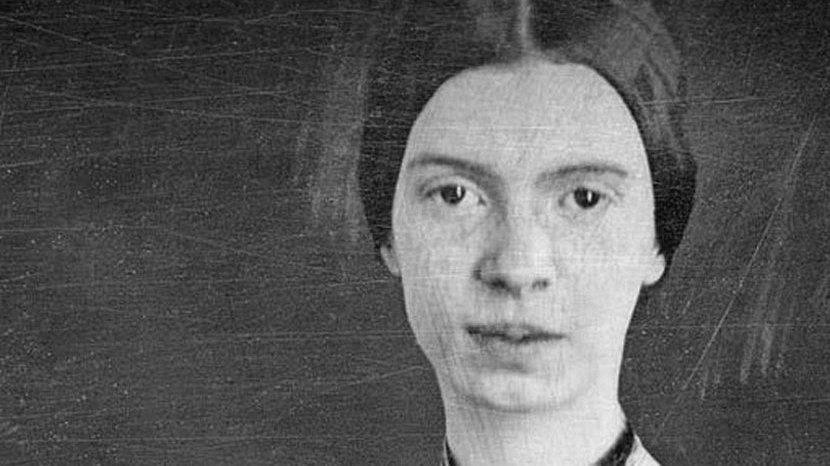Henry Cowell’s Hymn and Fuguing Tune No. 10: Early American Strains
Among the twentieth century’s boldest and most innovate musical mavericks was the American composer, Henry Cowell (1897-1965). Cowell’s occasionally riot-inducing experiments included tone clusters (approaching the piano keyboard with arms and fists), graphic notation, polytonality, non-Western modes, and “a complex pitch-rhythm system that correlated the mathematical ratios of the pitches of the overtone series with rhythmic proportions.” (Richard Teitelbaum) Cowell treated the piano as a percussion instrument. Through “prepared piano” techniques, and …







